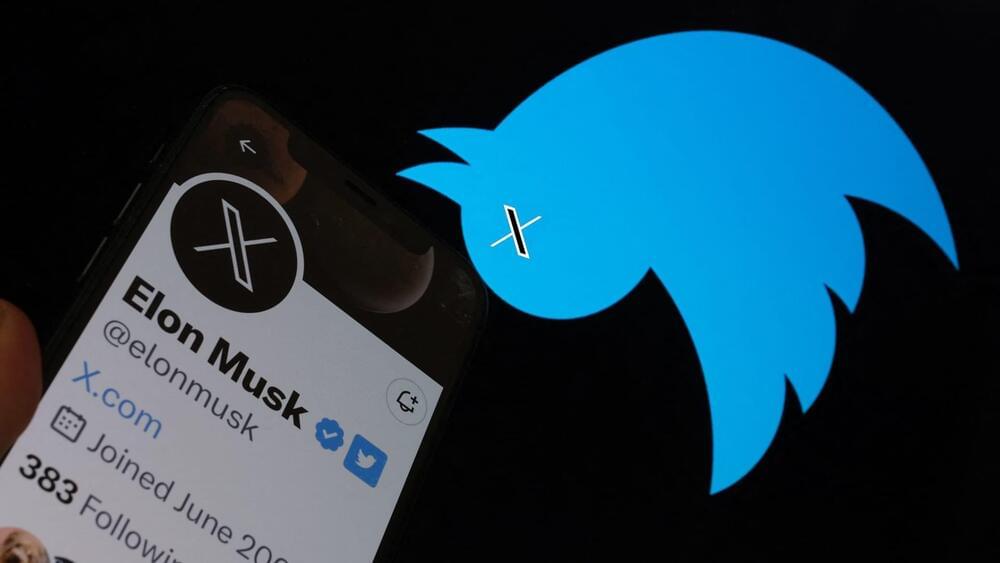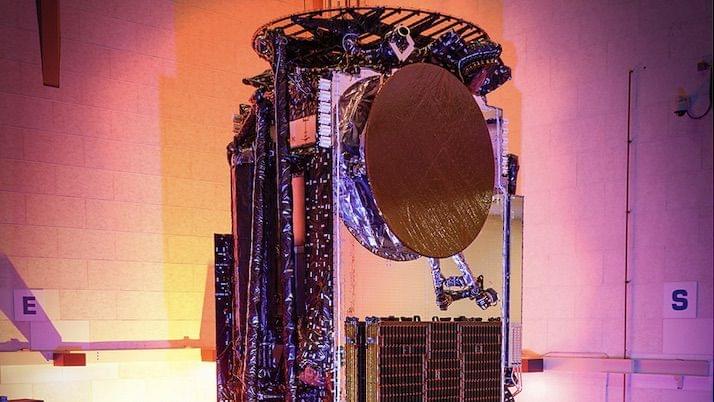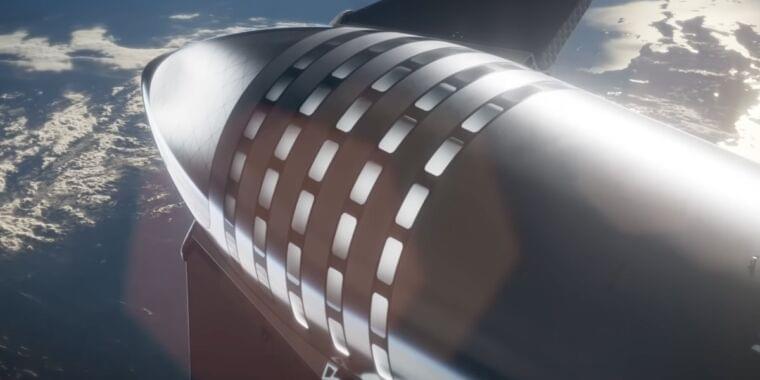Jul 30, 2023
2014 August Breaking News USA Military DARPA Transhumanism Super humans Humanoids
Posted by Joseph Barney in categories: bioengineering, biotech/medical, ethics, genetics, internet, military, transhumanism
This is older but this is just the tip of the iceberg. China is rumored to be working on genetic engineering to create “super soldiers” and they’re one country that isn’t stopped by ethics concerns. In the Prime TV series “The peripheral” it has something similar and I don’t want to spoil it beyond that. I think there’s a Vin Diesel movie called Blood Shot where he’s made into a super soldier. It’s a shame that this is used for warfare but the plus side is it’ll, some of the tech, will make its way down to civilian life such as the Internet did.


















